How is Banking Changing with COVID-19?
5 May 2020
Although the global outbreak of COVID-19 has forced several
precautionary measures like country lockdowns and self-isolation on most of the
world’s population, there is one thing in the financial world that is certain:
the industry is experiencing an unparalleled growth after Coronavirus struck.
This growth had led to several plans for the future in terms of banking models
and innovation, so looking at the current period begs the question: is the plan
of the finance industry the same or has it adapted to the pandemic?
Pre-Coronavirus, the outlook of the industry was mainly the
disruptive nature of technology in finance, with FinTech leading the way to a
more-likely-than-not fully digitized future. Today, FIs ought to put this
friction behind and explore the potential of partnerships, mergers or
acquisitions with FinTech companies, in order to cater to their customers in a
period that mostly promotes digital-only interactions.
This level of disruption can hardly be planned for,
especially in such an unexpected time frame. Therefore, adaptability is key
during the global COVID-19 crisis and solidarity in the form of mutually
beneficial partnerships during tough times is the way to go if you wish to pass
this period with minimum damage. Today, brick-and-mortar financial institutions
are changing the way they conduct business, as employees and consumers alike join
them and give in to this demanding situation by changing their behavior as
well.
Innovation is now
As social distancing continues and people turn to digital
banking for their daily needs, the institutions and companies that have
previously invested in innovation and digital transformation concepts can
greatly leverage their experience today amidst the crisis.
Business that previously were skeptical about innovative
technologies and breaking new grounds are now reconsidering their choices and
adopting the idea that innovation is a must, not a plus. It has become evident
that now is the perfect time to push for innovation and discovering new,
easier, better methods of doing business. Organizations should not slack on
their efforts to bring new solutions, but should double down on those efforts.
Entrepreneurial spirits are needed, and even if financial institutions lack the
time or resources to launch an innovative idea, it might still be viable to
create a product and try it out with minimal resources, because uncertain times
call for any one thing that can bring certainty, no matter how little.
Nowadays there is a lot of talk on transformation efforts,
but it should essentially mean more than just cutting costs and trying to
reduce the economic impact of the times. Proper and planned transformation will
be very beneficial post-Coronavirus as well, because the finance world will
emerge from this challenge with new and resilient business models built on the
pillars of innovation.
A Meaningful Shift in Marketing
If Marketing as a profession was considered both art and
science, it is now in the process of becoming almost all science. With the
increasing use of next-gen technologies like Artificial Intelligence (AI) and
Machine Learning (ML), marketing as a practice is seeing more and more models
that are structured on AI-based data gathering processes. So how can this level
of automation change to accommodate an economic crisis of pandemic proportions?
Marketing is primarily a communication medium, and in times
of uncertainty there is an innate need to be consoled and reassured; it can be
leveraged to alleviate the concerns of consumers in terms of their finances and
similar matters. Speed, tone, clarity and reliability of communication and
level of engagement are critical needs during the Coronavirus period.
Reaching out to consumers and helping them understand how
they can access their finances through different solutions is a must to retain
their trust. Banks should educate and engage with their customers, providing
them with support on different levels through several channels. Here AI can
come in handy, in the form of Chatbots for instance, where basic (and currently
even moderately hard) questions are quickly and efficiently answered by AI
through text messaging in real-time.
Personalized services have demonstrated their appeal over
time, and marketing at scale is going towards providing a 360-degrees approach
to satisfying customers of all types; from the elderly to small business owners
and beyond. It’s a two-fold personalization scenario; marketers need to
understand the customers’ needs but also reach out and be there for them on an
individual basis. Doing right by customers is the right thing to do, and they
will remember these times when it’s all over which ultimately will lead to more
business and deserved loyalty.
In that same regard, there is great potential for content
marketing; not the promotional kind, but rather the educational and informative
type that works towards keeping consumers aware and connected to solutions that
ease their navigation through this crisis.
Coronavirus or not, the main focus of the financial industry
remains the same; the customer. People behave in certain ways and adapt to
their environment and its variations, and successful financial institutions are
the ones that adapt to their customers’ needs as they change. During the
ongoing COVID-19 situation, it is evident that the FinTech branch of Finance will
take the lead and navigate an anxious population through rough waters, and
potentially beyond that.
Tags
Coronavirus, COVID-19, innovation, digital finance,
marketing, communication, disruption, chatbots, Artificial Intelligence, AI,
Machine Learning, ML, automation, personalization, banking, digital banking
related articles

Financial Health is What FinTech Should Be Empowering

Can the Middle East Bloom Into A Global FinTech Hub?

Setting Digital Banking Transformation Priorities During a Pandemic

Can Blockchain Technology Affect Banking and FinTech?

The Challenges that FinTech Startups in Emerging Markets need to consider

Four FinTech Elements Affecting the Retail Banking Ecosystem

The State of Biometrics in 2020 and Beyond

Regulatory Technology is the Unsung Hero of Digital Transformation

Bridging the Digital Divide with APIs
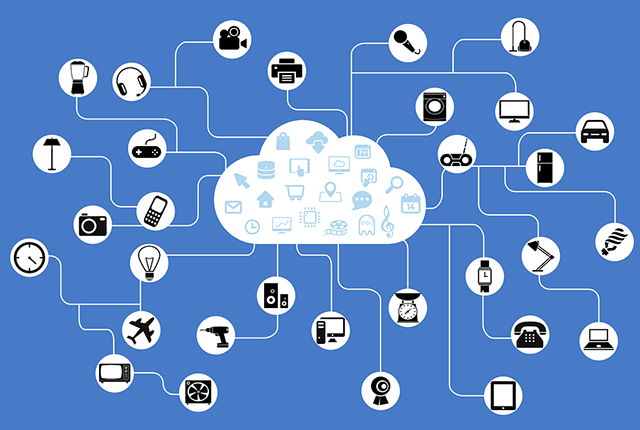
The Impact of IoT on FinTech & Banking

Shifting from Disruption to Innovation through FinTech Partnerships in COVID19 pandemic.

Going Cashless is the new way to go in a Post-Coronavirus Future

Relevance of Scheduling Apps for Bank Appointments is Skyrocketing

Customer Service Transformation has become a must in a Digital World

The Opportunities and Threats of FinTech during COVID-19

How FinTech can relate to the Healthcare Industry

The Impact of Coronavirus on the Financial Sector
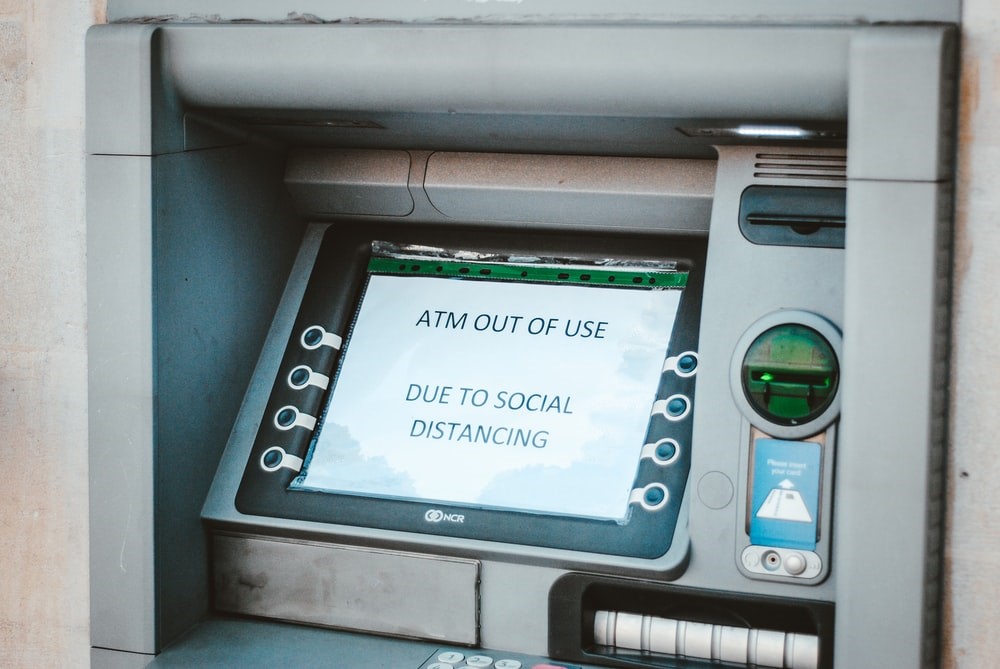
FinTech’s Critical Role in the Battle Against the Coronavirus

6 Benefits of Blockchain Technology in Finance

Humanizing Services through Smart Banking Technologies
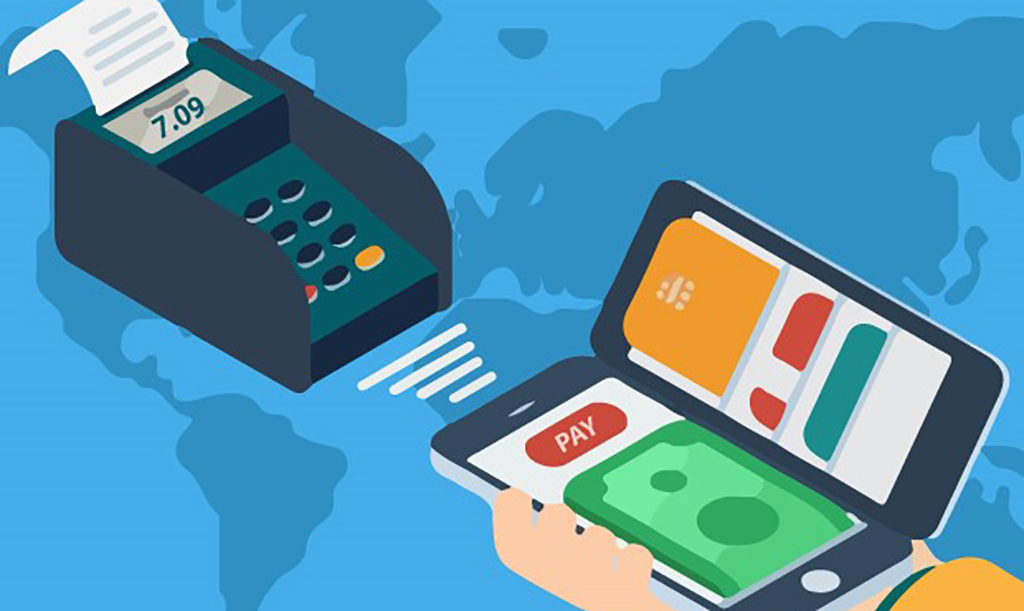
MSME Lending & FinTech: What to Expect in 2020

How Digital Innovation can Transform the Future of Banks

Banking Experts Forecast Key FinTech Trends in 2020

How FinTech is Changing the Finance Industry.

6 FinTech Trends That Will Transform Banking In 2020

FinTech Trends To Keep An Eye On In 2020

How FinTech Can Contribute To Healthcare

How many digital Middle Eastern companies have unlocked their full innovative potential?

Top Five MENA Venture Capital Investments in Q3 2019

Singapore FinTech Festival 2019: A Meeting of the Minds

Digital Banking vs Physical Branches: Competition Not Mandatory
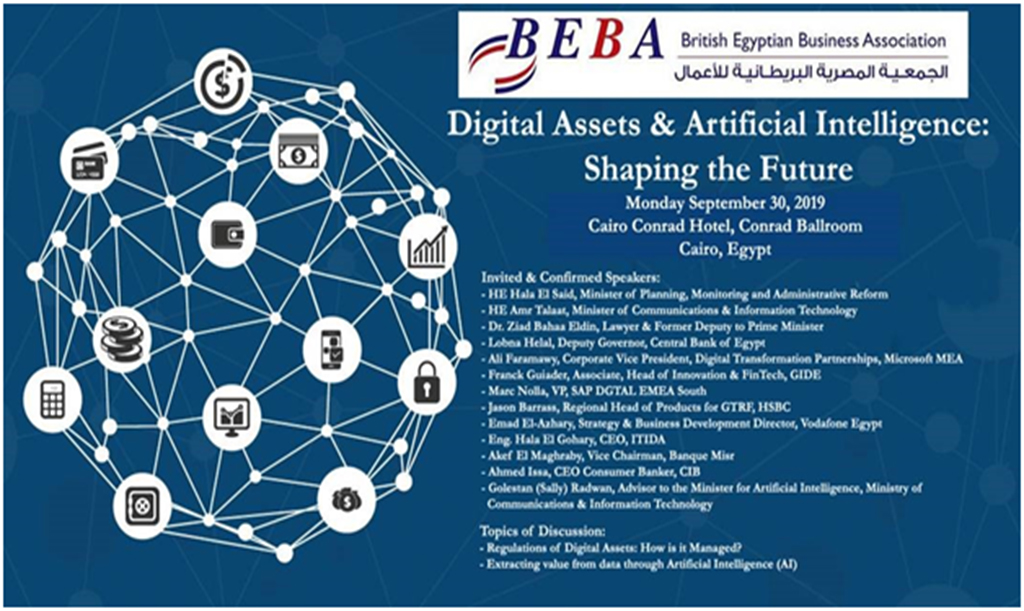
BEBA presents the Digital Assets & Artificial Intelligence: Shaping the Future event

Five Technologies Expected to Reshape FinTech in 2020
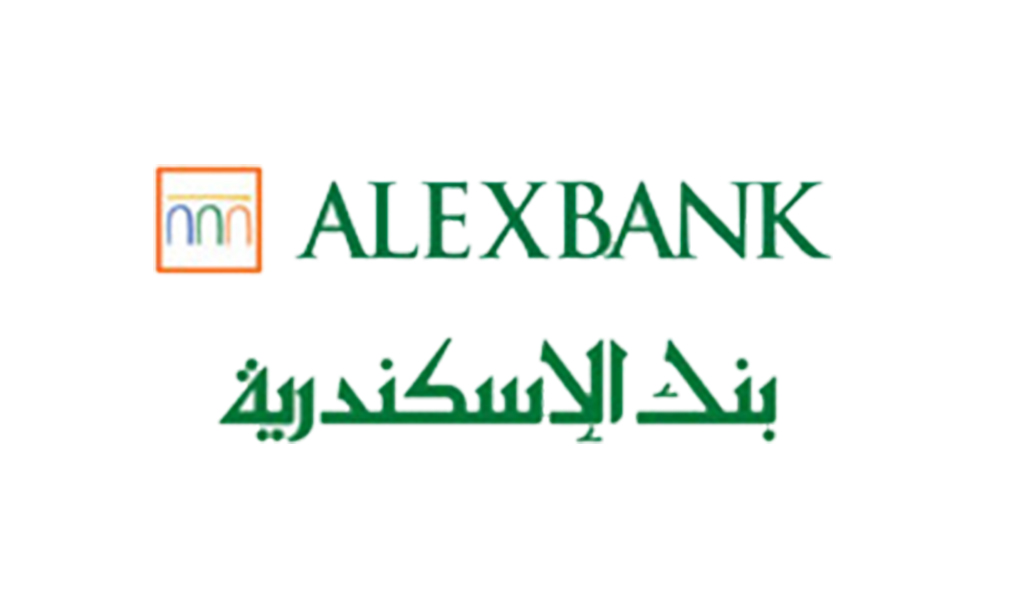
AlexBank Grants Access To Microfinance For First Time Ever In Egypt
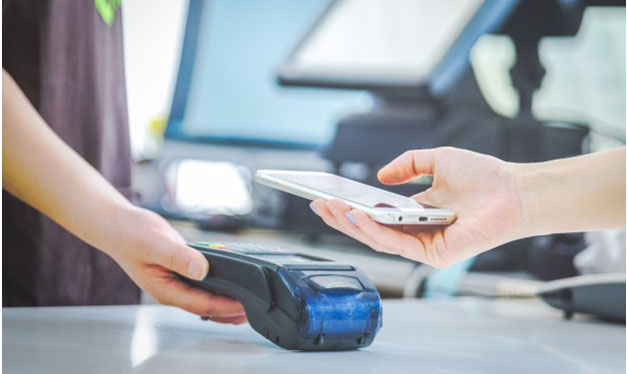
5 Mobile Trends To Transform The Future Of Payments

Three Non-Banks Deliver True Value Through Global FinTech Innovations
.jpg)
Egypt’s First Artificial Intelligence Faculty launched at Kafr El Sheikh University


 1
1
 4k
4k 



Comments
Loved it
10:51:45 AM 14 July 2020